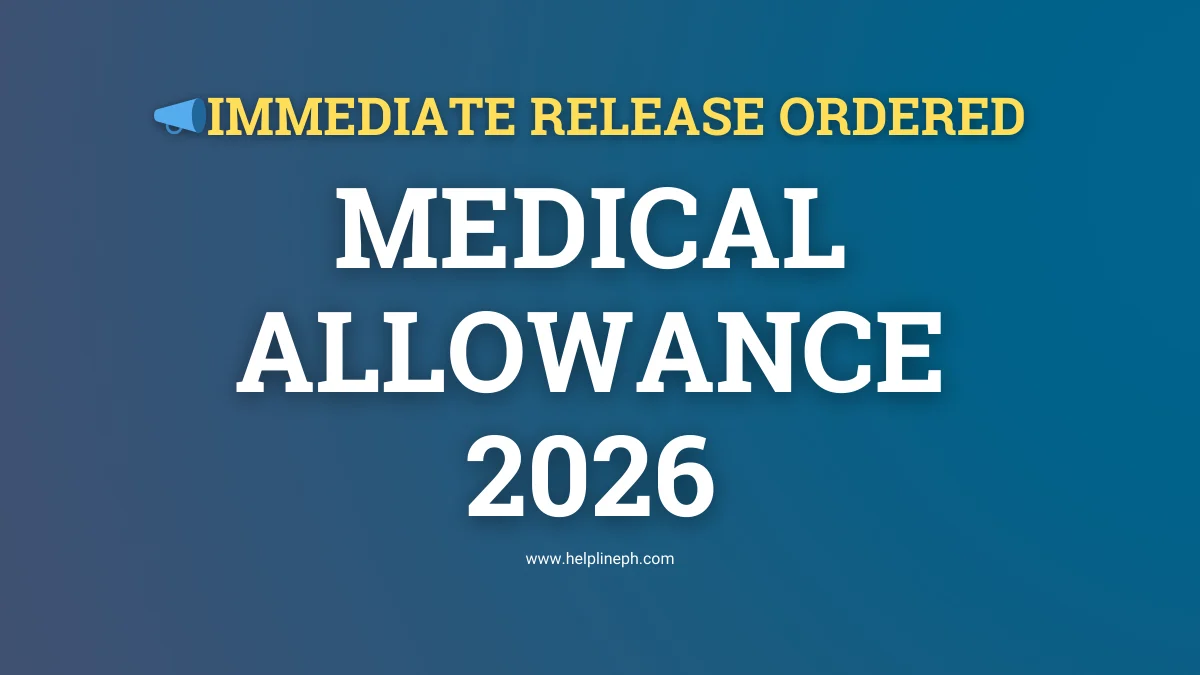The Department of Education (DepEd) is taking a crucial step to protect students, teachers, and out-of-school youth from falling victim to financial scams. With the growing number of investment frauds, DepEd has partnered with the Securities and Exchange Commission (SEC) to roll out financial literacy programs. These programs aim to educate Filipinos about proper money management, investing wisely, and recognizing scams.
The importance of financial literacy cannot be overstated. A 2019 survey by Bangko Sentral ng Pilipinas revealed that only 41% of Filipinos could answer at least one of three basic financial literacy questions correctly, and only 8% could answer all three. This shows a clear need for more education on financial matters. DepEd’s new initiative aims to fill that gap by giving young people and educators the tools they need to make informed financial decisions.
Why Financial Literacy Is Important
Financial literacy is the ability to understand and effectively use various financial skills, including personal financial management, budgeting, and investing. Many Filipinos, especially young people, lack these skills. Without proper financial education, they are more vulnerable to scams and poor financial decisions that could lead to long-term debt.
Investment scams are particularly dangerous. Fraudsters often promise quick returns or high profits to lure people in. These scams are designed to take advantage of those who are uninformed about how legitimate investments work. DepEd’s initiative, in partnership with the SEC, will help prevent students, teachers, and other Filipinos from falling for such scams.
The DepEd-SEC Partnership
On October 9, DepEd and SEC signed a memorandum of agreement that marked the beginning of their collaboration. This agreement outlines their joint effort to create and distribute educational materials on investing, financial literacy, and investor protection. Their goal is to raise awareness about financial scams and teach people how to spot fraudulent activities before it’s too late.
The materials will focus on basic financial principles, how investments work, and the importance of protecting personal assets. Both DepEd and SEC will also develop online resources, such as web-based training programs, to reach a larger audience, especially those who may not have access to traditional classroom education.
Target Groups: Students, Teachers, and Youth
While DepEd’s program is designed to educate all Filipinos, it will primarily focus on three key groups:
- Students: Teaching financial literacy at a young age is essential. Students who understand the basics of money management will grow up to be more financially responsible adults. They will learn about budgeting, saving, and the risks of investing.
- Out-of-School Youth: Many young people who are not currently in school also need financial education. Without the proper knowledge, they may be more prone to falling into financial traps, such as quick-money schemes or loan sharks. The program aims to provide them with the knowledge they need to avoid these dangers.
- Teachers and DepEd Personnel: Teachers are the largest workforce in the Philippine government, with over a million members. Unfortunately, many of them have been targeted by fraudulent investment schemes in the past. Some teachers have been convinced to take out large bank loans to invest in unregistered schemes, only to lose their money. By educating teachers, DepEd aims to protect them from becoming victims of scams and help them make better financial decisions for themselves and their families.
Addressing the Issue of Investment Scams
Dubious investment schemes often present themselves as legitimate financial opportunities, offering promises of fast returns, financial stability, and a debt-free life. In 2020, then-Education Secretary Leonor Briones issued a warning to public school teachers, advising them against joining these programs. Many of these schemes lure teachers with promises of doubling their pay, providing luxury cars, vacations, and large savings, but these promises are rarely fulfilled.
DepEd’s partnership with SEC aims to tackle this problem head-on by not only educating teachers but also by flagging suspicious business activities. DepEd will share information about potential scams and help the SEC monitor investment-taking activities within its jurisdiction. This collaboration will make it harder for scammers to target teachers and other DepEd employees.
Expanding Financial Literacy in Schools
In 2021, DepEd took the first steps toward integrating financial literacy concepts into school lessons. Although the curriculum wasn’t officially changed, schools were encouraged to include lessons about money management, how to plan assets, and the importance of saving and sharing. These lessons aim to help students understand the value of money and resources, setting them up for financial success in the future.
By expanding financial literacy in schools, DepEd hopes to create a generation of financially savvy Filipinos who can avoid common financial pitfalls, such as debt and investment frauds. Teaching young people how to manage their money, set financial goals, and recognize scams will help them achieve long-term financial stability.
Online Resources and Web-Based Training
One of the most exciting aspects of DepEd’s new program is its focus on online learning. With the rise of digital technology, more people now have access to information through the internet. DepEd and SEC plan to take advantage of this by creating web-based training programs that can be accessed by anyone with an internet connection. These programs will provide essential information on financial management, safe investing practices, and how to spot scams.
For students and teachers alike, this online format will make it easier to learn about finances at their own pace. Whether in the classroom or at home, these resources will be readily available and free to access. This will especially benefit those in remote areas where traditional education may be harder to reach.
DepEd’s Role in Protecting Filipinos
DepEd’s commitment to educating students, teachers, and out-of-school youth goes beyond academics. By offering financial literacy programs, DepEd is helping to protect Filipinos from financial harm. Understanding how to manage money is a skill that everyone needs, and DepEd’s new initiative will provide the tools necessary for Filipinos to make informed financial decisions.
This partnership with SEC is just the beginning of a broader effort to raise awareness about financial scams and promote responsible financial behavior. The ultimate goal is to equip young people and educators with the knowledge they need to avoid financial pitfalls and secure a better financial future.
Frequently Asked Questions (FAQs)
What is the goal of DepEd’s financial literacy program?
The goal is to educate students, out-of-school youth, and teachers about managing finances, investing wisely, and avoiding scams.
Why is financial literacy important?
Financial literacy helps people make informed decisions about money. It can prevent them from falling victim to scams and help them achieve financial stability.
Who is the program targeting?
The program focuses on students, out-of-school youth, teachers, and DepEd personnel.
How will DepEd and SEC deliver the financial literacy program?
They will create educational materials, offer web-based training programs, and raise awareness through online resources.
What are some common types of investment scams?
Common scams include Ponzi schemes, pyramid schemes, and unregistered investment offers that promise quick returns.
How can teachers avoid falling for investment scams?
Teachers should be cautious of investment schemes that offer high returns with little risk. They should also verify whether the investment is registered with the SEC.
How does financial literacy benefit students?
It helps students understand the value of money, how to budget, save, and avoid scams. These are important skills that will benefit them throughout their lives.
In conclusion, DepEd’s new initiative with the SEC is a timely and necessary step toward protecting Filipinos from financial scams. By educating students, teachers, and out-of-school youth about money management and investing, DepEd is giving them the tools to make better financial decisions and avoid fraud. The program promises to be a significant step in raising financial awareness in the Philippines.






